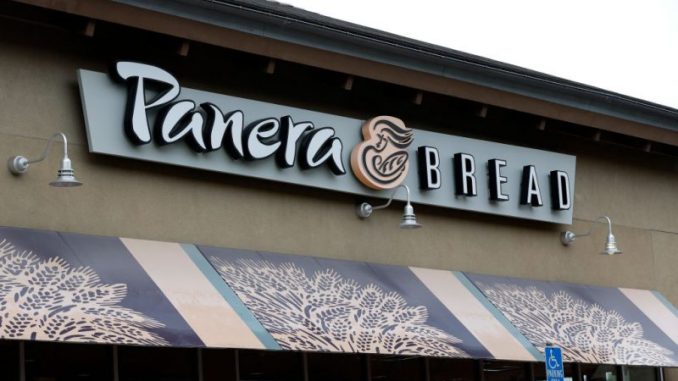

OAN’s James Meyers
11:56 AM – Monday, October 23, 2023
Panera Bread is being sued after an Ivy League student with a heart condition died drinking the company’s “charged lemonade,” a large cup containing more caffeine than cans of Red Bull and Monster energy drinks combined, according to a lawsuit.
Advertisement
The lawsuit, which was filed on Monday in the Philadelphia Court of Common Pleas, calls the beverage a “dangerous energy drink” and claims Panera did not warn consumers about the ingredients contained in the drink.
The suit was filed on behalf of the parents of 21-year-old Sarah Katz. Katz had a heart condition called long QT syndrome type 1 and avoided energy drinks due to recommendations by her doctors, according to the suit.
The incident occurred on September 10th, 2022, when Katz purchased a charged lemonade, according to the filing. She went into cardiac arrest hours later, according to her roommate Victoria Rose Conroy. Katz was rushed to the Pennsylvania Presbyterian Hospital, where she had another cardiac arrest and was pronounced dead.
“She was very, very vigilant about what she needed to do to keep herself safe,” Conroy said. “I guarantee if Sarah had known how much caffeine this was, she never would have touched it with a 10-foot pole.”
The filed lawsuit says the caffeine content of the drink ranges from 260 milligrams in 20 fluid ounces to 390 milligrams in 30 fluid ounces.
“At 30 fluid ounces, Panera Charged Lemonade exceeds the combined contents of 12 fluid ounces of Red Bull (114 milligrams caffeine) and 16 fluid ounces of Monster Energy Drink (160 milligrams caffeine).”
Additionally, the lawsuit stated that the drink “was offered side-by-side with all of Panera’s non-caffeinated and/or less caffeinated drinks; it was not advertised as an ‘energy drink.”
“These unregulated beverages contain no advertisement as an ‘energy’ drink and, instead, represent them as ‘clean’ and akin to Panera Dark Roast coffee, when they contain not only caffeine, but also the stimulant guarana and exorbitant amounts of sugar.”
A medical examiner’s report showed that Katz’s cause of death was cardiac arrhythmia due to long QT syndrome. The report also didn’t mention the beverage as a contributing factor but noted that she had no drugs in her system, other than what the hospital used to try to resuscitate her.
Stay informed! Receive breaking news blasts directly to your inbox for free. Subscribe here. https://www.oann.com/alerts
Advertisement

